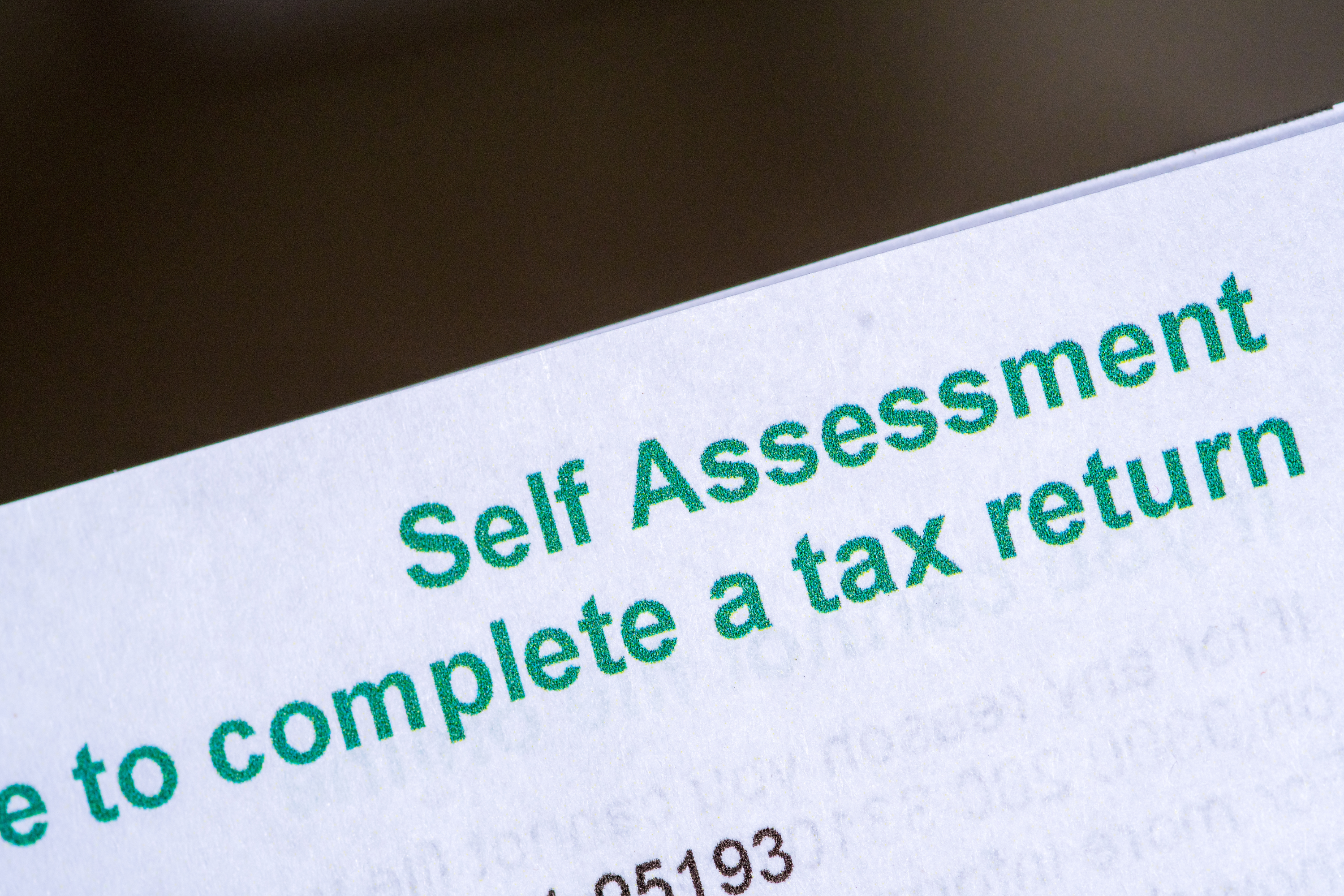In today’s turbulent economic climate, the UK Government faces a daunting challenge: how to raise the necessary finances to meet its electoral pledges without alienating voters. With public spending on the rise and national debt mounting, the Treasury must get creative in its approach to taxation. As a dynamic and fast-growing UK accountancy firm, we’re keen to explore innovative ways to generate revenue, and history provides plenty of food for thought.
From the quirky taxes of the past to the forward-thinking ideas of the future, let’s take a look at alternative things to tax that could help the UK Government raise funds—while offering a glimpse at some unusual approaches from around the world. Will we see anything like these announced this week? Only time will tell…
A Look to the Past: Odd and Outlandish Taxes
- Window Tax (1696–1851)
One of the UK’s most famous historical taxes, the Window Tax, was introduced in the late 17th century. Based on the number of windows in a property, it was a clever way to tax wealth without explicitly taxing income. The result? A rise in bricked-up windows across the country as people sought to avoid the tax! This tax persisted for over 150 years before being abolished, but it remains a fascinating example of how taxation can directly influence architecture and everyday life. - Hair Powder Tax (1795)
To fund the wars with revolutionary France, the British Government introduced a tax on hair powder, which was a fashion statement among the aristocracy. The tax was payable by anyone using the powder, leading to a dramatic decline in its popularity. As powdered wigs fell out of fashion, so did the tax, but it highlights how Governments can tap into cultural trends for revenue. - Investment Income Surcharge (1965-1984)
A tax in the UK that applied an additional rate on investment income for individuals with significant unearned income. It aimed to reduce income inequality by taxing higher levels of investment income at a higher rate than earned income from employment or business. However, this tax was abolished in 1984 as part of broader tax reform initiatives. Since then, the UK tax system has not reintroduced an explicit surcharge on investment income. Instead, individuals pay tax on investment income, like dividends, interest, and rental income, at specific rates.
- The Poll Tax (1990)
One of the most controversial taxes in modern UK history, the Poll Tax (officially called the Community Charge) sparked widespread protests and ultimately contributed to the downfall of Margaret Thatcher. The idea behind the tax was to charge every adult the same amount for local Government services, regardless of income. However, its unfair burden on low-income households made it wildly unpopular. While its legacy may be tarnished, it serves as a reminder of the delicate balance between fair taxation and public acceptance.
Present Day: What Could Be Taxed More?
While taxes on income, property, and consumption dominate today’s tax landscape, the UK Government has several options to expand or increase taxes in areas that could raise substantial revenue:
- Wealth Taxes
Wealth inequality has been a growing issue, and many argue that the UK should follow the example of countries like Norway and Switzerland, which have wealth taxes on assets, investments, and property holdings. A progressive wealth tax could be a way to ensure that the richest individuals contribute more toward public finances, closing the gap between the ultra-wealthy and everyone else. - Luxury Goods
Luxury items, from designer handbags to high-end cars, could be subject to higher tax rates. Countries like France and Italy already impose taxes on luxury yachts and expensive watches. Increasing taxes on such goods would target those with the means to pay, while sparing the broader population from additional burdens. - Digital Services and Big Tech
The Digital Services Tax introduced in the UK in 2020 targets large tech companies like Google, Amazon, and Facebook, which derive significant revenues from UK users, whilst paying low effective rates of tax. With tech giants continuing to grow in power and profitability, increasing taxation on digital services could be a lucrative option, which would only impact a small group directly. - Environmental Taxes
With the UK’s ambitious goal to reach net-zero carbon emissions by 2050, environmental taxes could play a key role in funding green initiatives. Higher taxes on carbon emissions, plastic waste, or even single-use items like coffee cups and straws would not only raise revenue but also incentivise eco-friendly behaviours. Germany and Sweden have already implemented successful carbon taxes, and the UK could expand its current levies to potentially accelerate progress toward a greener future.
Future-Proofing: What Could Be Taxed Next?
As Governments look to the future, it’s worth considering new frontiers in taxation. Here are some forward-thinking ideas that could raise revenues in the coming years:
- Robot Tax
With automation and artificial intelligence (AI) poised to replace millions of jobs across various sectors, the idea of a robot tax has gained traction. Bill Gates famously proposed that companies using robots to replace human workers should be taxed on the productivity gains they achieve. This would not only slow the pace of job losses but also provide funds for retraining displaced workers. As the UK economy becomes increasingly automated, this could be an innovative way to ensure that human workers aren’t left behind. - Space Tourism Tax
As companies like SpaceX, Blue Origin, and Virgin Galactic push the boundaries of space travel, the market for space tourism is set to grow. A tax on space tourism could become a reality in the near future, ensuring that those wealthy enough to venture beyond Earth contribute back to the national coffers. Similar to luxury taxes, this would target a small, affluent demographic without impacting the broader public. - Data Tax
In an increasingly digital world, personal data is becoming one of the most valuable commodities. With companies collecting vast amounts of user data to drive their businesses, some economists argue that a data tax could be imposed on businesses that profit from this information. It could act as both a privacy protection measure and a revenue source, especially as Governments seek to regulate big tech companies more tightly. - Crypto Transaction Tax
The rise of cryptocurrencies has been a game-changer in the financial world, but their tax treatment remains murky. Governments are beginning to impose capital gains taxes on crypto profits, but the future could see more direct taxation on crypto transactions themselves. As more people and businesses adopt digital currencies it is key that the Government try to ensure that they’re taxed in line with other assets/transactions.
A Fine Balance: The Future of Taxation
As history shows, taxes come in all shapes and sizes, from the bizarre to the brilliant. With the UK Government facing increasing pressure to meet its financial obligations, exploring alternative forms of taxation could be key to balancing the books while maintaining public support. In all likelihood, the Budget this week will see changes in allowances and rates of tax and we do not expect any innovative or exciting changes, but we can hope. Do you have any game-changing thoughts or ideas here to help the Government?
At Black and White Accounting, we help businesses and individuals stay ahead of the curve, no matter how the tax landscape evolves. Whether it’s navigating the complexities of wealth taxes, preparing for environmental levies, or understanding the implications of a robot-driven future, we’re here to guide you through the ever-changing world of taxation.
Get in Touch: Curious about how future tax changes could affect your business? Contact us today to discuss how to future-proof your finances.



